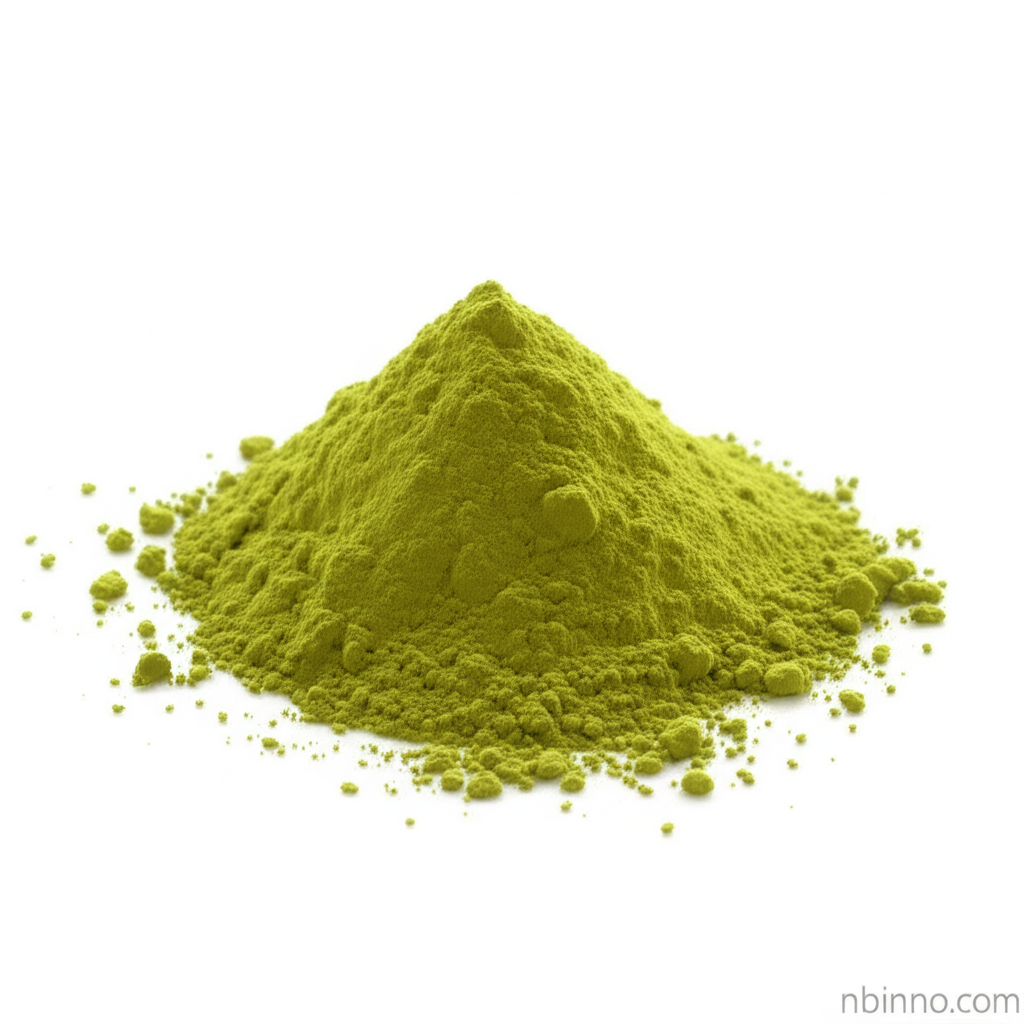Myricetin (CAS 529-44-2): A Comprehensive Guide to its Antioxidant, Anti-inflammatory, and Therapeutic Applications
Discover the powerful health benefits of Myricetin, a natural flavonoid with remarkable antioxidant, anti-inflammatory, and neuroprotective properties. Learn about its applications in managing metabolic disorders and its potential in cancer research.
Get a Quote & SampleProduct Core Value

Myricetin
Myricetin, identified by CAS 529-44-2, is a highly valued natural compound that serves as a potent antioxidant and exhibits significant anti-inflammatory effects. As a reliable supplier and manufacturer in China, we provide high-purity Myricetin for diverse research and development applications. Explore its potential in various health sectors.
- Leverage the Myricetin antioxidant properties to combat oxidative stress in cellular and tissue models.
- Investigate the Myricetin anti-inflammatory effects for potential applications in conditions involving inflammation.
- Explore Myricetin in Alzheimer's disease treatment research due to its reported neuroprotective mechanisms.
- Utilize Myricetin for metabolic disease management studies, given its influence on glucose metabolism and insulin sensitivity.
Advantages Offered by Myricetin
Potent Antioxidant Capabilities
Myricetin demonstrates strong free radical scavenging abilities, making it a valuable tool for research focused on oxidative stress and its role in various diseases, aligning with the insights from Myricetin antioxidant properties studies.
Anti-inflammatory Mechanisms
The compound modulates key inflammatory pathways, offering avenues for research into novel anti-inflammatory therapies, as highlighted by its Myricetin anti-inflammatory effects.
Neuroprotective Potential
Research suggests Myricetin can protect neurons from damage, indicating its potential in therapeutic strategies for neurodegenerative disorders like Alzheimer's and cerebral ischemia, as explored in Myricetin in Alzheimer's disease treatment research.
Key Applications
Neurodegenerative Disease Research
Investigate Myricetin's role in mitigating damage and improving outcomes in conditions like Alzheimer's and Parkinson's, drawing on its Myricetin neuroprotective potential.
Metabolic Syndrome Studies
Explore the compound's impact on glucose metabolism and insulin sensitivity as part of research into Myricetin metabolic disease management.
Oncology Research
Examine Myricetin's potential as a chemotherapeutic or chemopreventive agent, supported by findings on its Myricetin anticancer applications.
Nutraceutical and Dietary Supplement Development
Utilize Myricetin as a key ingredient in the development of health supplements due to its broad spectrum of health-promoting properties.
